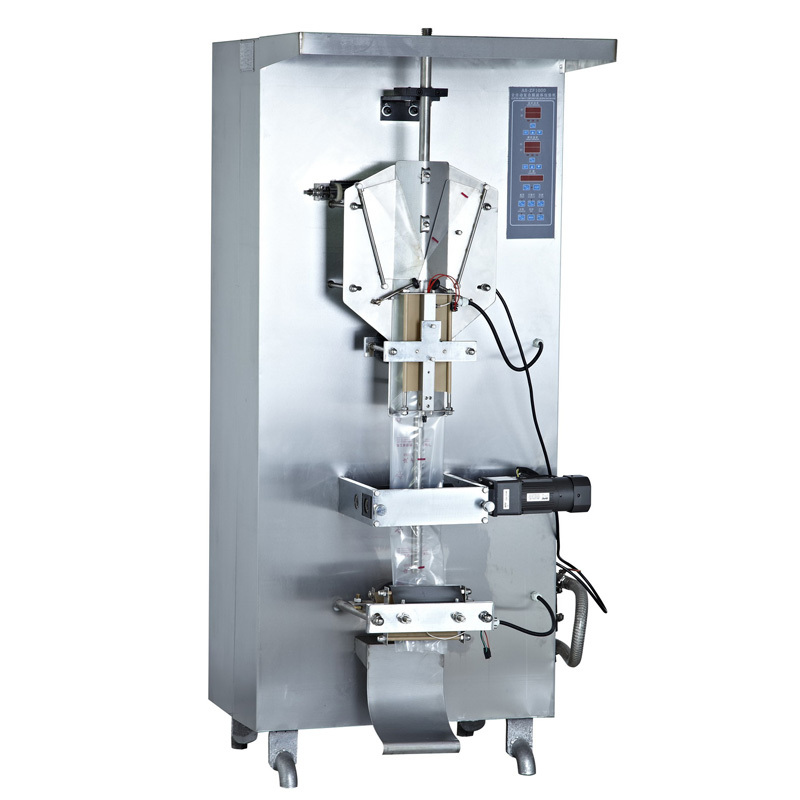Seal Integrity: Poor sealing can lead to leakage and contamination. This can be caused by incorrect temperature settings, worn sealing elements, or improper sealing pressure.
Machine Jamming: Frequent jamming can occur due to improper alignment of packaging materials, foreign objects in the machine, or issues with the feeding mechanism.
Inconsistent Filling: Variations in the amount of milk filled in each package can be caused by incorrect calibration, air bubbles in the milk, or malfunctioning filling valves.
Film Feeding Problems: Misalignment or tension issues with the packaging film can cause it to wrinkle, tear, or misfeed, leading to interruptions in the packaging process.
Product Spillage: Spillage during the filling process can result from overfilling, misalignment of the filling nozzle, or issues with the flow control system.
Software Glitches: Modern milk packaging machines often rely on software for control and automation.
Inadequate Maintenance: Lack of regular maintenance can lead to the accumulation of dirt, wear and tear of parts, and eventual breakdowns. Regular inspections and servicing are essential to prevent these issues.
Operator Errors: Inadequately trained operators can make mistakes in machine setup, operation, or troubleshooting, leading to inefficiencies or machine damage.
Packaging Material Quality: Using low-quality or incompatible packaging materials can result in poor sealing, tearing, or other issues that affect the integrity of the milk packaging.
Supply Chain Issues: Delays or inconsistencies in the supply of packaging materials or spare parts can disrupt the packaging process and lead to downtime.





Comments